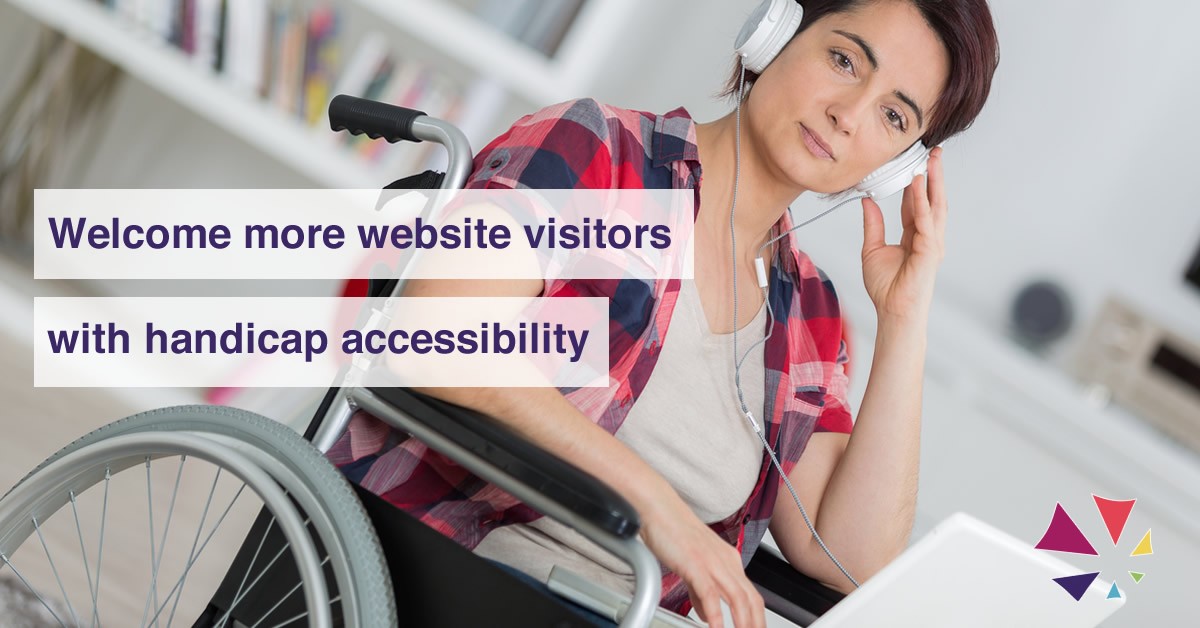My father was blind, which makes the topic of disabled access dear to my heart.
As a kid, I had to learn not to do things like leave things in the floor for him to trip on, so I'm naturally more aware of the ramifications of limited access and how much sighted people take for granted.
Have you ever stopped to think about what it would be like to not be able to see a website, though, or use a mouse to navigate a site? Or what you have on your site that could, in effect, trip someone up?
 About 8 million people in the US are blind or have a significant vision impairment, making it difficult or impossible for them to see your site. Another 20 million people have difficulty lifting or grasping, which can affect their ability to use a mouse or keyboard to navigate.
About 8 million people in the US are blind or have a significant vision impairment, making it difficult or impossible for them to see your site. Another 20 million people have difficulty lifting or grasping, which can affect their ability to use a mouse or keyboard to navigate.
Recently I had a feature about accessible websites in Collective Hub magazine, which is sold in print in 37 countries and digitally worldwide.


 Healthcare.gov
Healthcare.gov